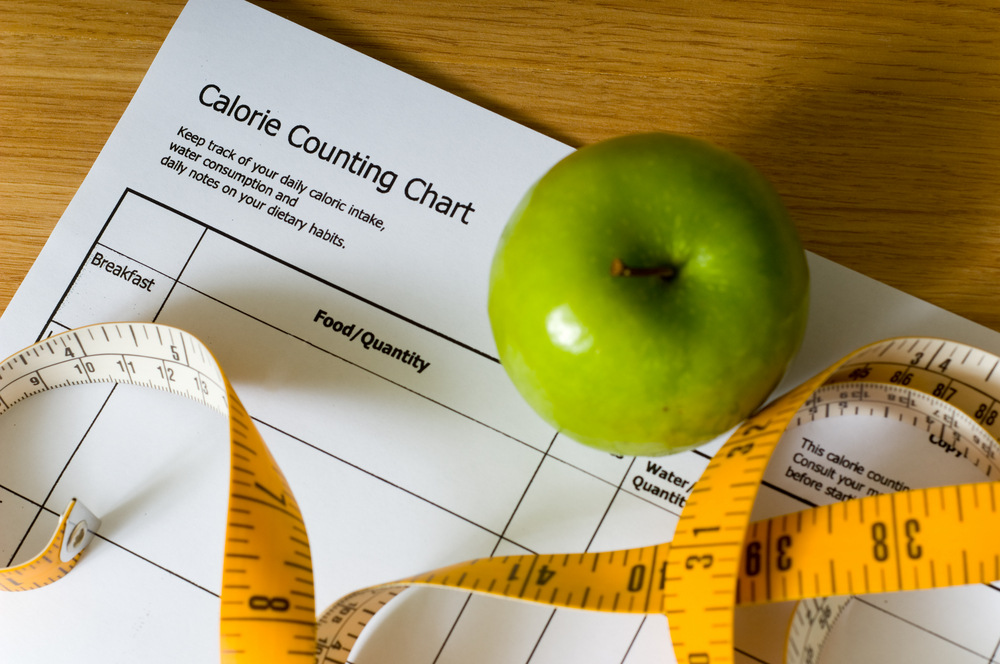A New Look at How We Count Calories

The American Society for Nutrition recently released a statement on energy balance and implications for keeping a consistent body weight. In general, the statement supports much of the currently held beliefs about the importance of maintaining appropriate energy balance over time. It helps to clarify that there is no magic bullet; changes to the amount and types of foods we eat and our activity levels must be permanent to lose and maintain weight. As many parents know, incremental, slow, steady weight gain (which is what most people experience) occurs over time as we become less active and calorie consumption remains the same or creeps up (making it even more important for parents to stay active as their kids age).
Buried in the consensus report is a very important piece of information that has the potential to unravel just about every recent report on the economic impact of obesity and obesity prevention. The panel found that the “3,500 calories per pound” rule of thumb (the idea that for every 3,500 calories consumed or expended, a pound of weight is gained or lost) is frequently misapplied and is fundamentally flawed because no time frame is specified. Further it incorrectly gives the impression that temporary and relatively limited interventions will lead to permanent weight changes and gives an improper impression that there is a linear relationship between calorie intake/expenditure and weight over time. The panel concluded that the relationship between calories and weight isn’t perhaps as linear as we had previously understood.
If you are someone who likes numbers and calculations, the panel recommends an alternative estimation method that every permanent 10-calorie-per-day change in energy intake will lead to about a half-pound of weight change over the course of a year, and about one pound over three years. In essence, increasing physical activity by 100 calories expended daily is estimated to lead to a 10-pound weight loss over five years. Under the old assumption, it would have been closer to 50 pounds over five years. Decreasing consumption by about 100 calories will lead to a 2.5-pound weight loss over one year. Under the old assumption, it would have been closer 10 pounds in one year.
In essence, what the panel concluded was something that anyone who has ever been on a diet could tell you: successful weight management is just so much more complicated than eating a little less and exercising a little more. It takes time and effort to see results. It is much more important to focus on achieving active, healthy lifestyles first; changes to weight may come in time and may not be an appropriate short term goal for all people.
The bottom line: short term, marginal changes to diet or physical activity when made in isolation will not be impactful on weight. The impact comes from making a series of permanent, small changes to overall diet and physical activity. There is no one magic policy bullet to solve the epidemic of obesity and chronic disease, and no one food or beverage is responsible for it. The way we live our lives and the way we eat has changed significantly over the past 50 years, and unless we are prepared to make holistic, permanent changes to our diets and lifestyles, the epidemic of obesity and chronic disease will not go away.
Five Tips for Attaining Energy Balance This Summer
- Focus on the positive by thinking about ways to add fruits and vegetables, low fat or fat free dairy, whole grains and lean proteins to your diet.
- Make a habit of being active together. Walking is a simple and affordable way to add activity to your day. Participate in active play with your kids, like hide and seek, tag or hop scotch.
- All foods can fit in a healthy diet. Demonstrate balance and moderation by eating sensible portions. Show your kids you can still enjoy all the foods you love and still maintain a healthy lifestyle.
- Including kids in food preparation gives them a sense of ownership. When they help cook their food they are more likely to try something new for the first time.
- Be a positive role model. Be on the same path to a healthier, more active lifestyle together.
How are you going to promote energy balance with your kids this summer? Share in the comments below!
Melissa Musiker is a registered dietician and a member of APCO’s Washington, D.C., health policy team.

